detail profile thilo prothmann
Peran Yang Di Mainkan Thilo Prothmann
 In order to finally get that...
In order to finally get that...Old White Man 2024
In order to finally get that long-awaited promotion, Heinz Hellmich, an old white man, has to show his "wokest" side at work. When he invites his superiors to a private dinner at his home, his family's politically correct façade quickly begins to crumble and the evening takes a hair-raising turn.
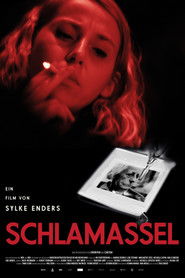 Germany late 90s Johanna is an...
Germany late 90s Johanna is an...Schlamassel 2023
Germany, late 90s: Johanna is an intern at a local newspaper and is struggling with the death of her grandmother. In addition to her grief, she is burdened by conflict with her family after she angrily confronts her uncle, who is only interested in his inheritance, at the funeral. She seeks balance by throwing herself headlong into her work. In the process, she comes across an old photograph of a concentration camp guard named Anneliese Deckert. With this find, she hopes to advance her journalistic career: Johanna tracks down the now 80-year-old, but does not expect to meet her entire family on the spot, nor does she expect the fuss the photo causes.
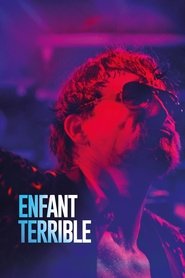 When 22yearold Rainer Werner Fassbinder storms...
When 22yearold Rainer Werner Fassbinder storms...Enfant Terrible 2020
When 22-year-old Rainer Werner Fassbinder storms the stage of a small, progressive theatre in Munich 1967, and seizes the production without further ado, nobody suspects this brazen young rebel to become one of the most important post-war German filmmakers. Despite early setbacks, many of his films breakout at the most renowned films festivals and polarise audience, critics and filmmakers alike. His radical views and self-exploitation, as well as his longing for love, have made him one of the most fascinating film directors of this time.
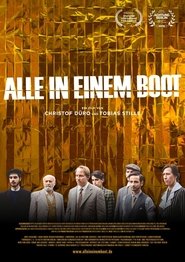 A group of actors are rehearsing...
A group of actors are rehearsing...Alle in einem Boot 2020
A group of actors are rehearsing an historic escape from Germany of 1939: The Cruise Liner St. Louis is on its way to Cuba, 900 Jewish refugees on board. Cuba denies access. On board: Paul, Elsa and their son. Do they have to return to Germany again and probably die? A group of today refugees from Africa, fleeing from war and death in Syria, enter the theatre. They are supposed to work here as extras. A culture clash begins and becomes a crossover story between escape 79 years ago and today.
 What a curious plan of Lya...
What a curious plan of Lya...Julia Must Die 2020
What a curious plan of Lya. Putting sleeping pills in the morning tea of her father. Pulling the sleeping wheelchair user to the vegetable store of her brother and attending secretly the acting exam. And all this only because Lya thinks that eight years of caring for her father where enough tribute to the family.
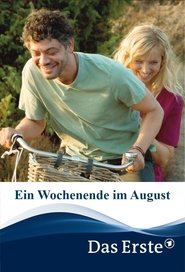 Happily married to Thomas her daughter...
Happily married to Thomas her daughter...An August Weekend 2019
Happily married to Thomas, her daughter just off to college, Katja teaches math and music at the local elementary school. Her life seems perfect. Until a chance encounter turns her world upside down. The very weekend her family is away, she meets Daniel, an attractive, inquisitive fellow, backpacking through Germany. A travel journalist, just passing through, he camps out on her lawn. They connect. She finds his independent, freewheeling lifestyle fascinating. He tells her of his journeys. He makes her feel alive, reawakens her youthful hopes and dreams. Now old regrets come rushing back. After three exciting days, she is faced with the decision: does she go with him, or does she stay in her own, safe little world?
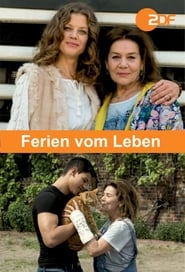 Lilo is a resolute woman creative...
Lilo is a resolute woman creative...Vacation from Life 2017
Lilo is a resolute woman, creative in her mind and images, until a devastating diagnosis tears her from everyday life and forces her to face unpleasant truths. Without further ado, she makes her escape with the help of the illegal truck driver Sami and unintentionally sets the whole family in motion.
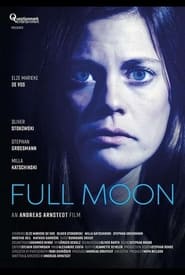 Lara was severely traumatised as a...
Lara was severely traumatised as a...Full Moon 2017
Lara was severely traumatised as a child and every day this trauma catches up with her. During a photo session, she falls in love with Conrad, a writer who has just been released from prison. What Conrad doesn't know is that everyone around her knows the burden Lara lives with. Her uncle Markus resorts to drastic means to save Lara and risks losing her forever.
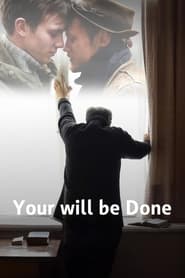 For Johannes and Lydia Klare their...
For Johannes and Lydia Klare their...Your Will Be Done 2017
For Johannes and Lydia Klare, their faith in God comes first. Together they lead a small community in Stuttgart, successfully. People listen to them, they are becoming more and more close to them. There are even plans to make the donor-funded community much bigger by the generous contributions of Volker. First of all, the couple have quite different, more urgent points to take care of. When one day they watch the homeless street-boy Simon drifting back and forth in drug-related crises, they take him in for a short while. Together they want to help him again on the right path. But it is not just the drugs that are causing conflicts. Simon's homosexuality also presents the two with great challenge, since it is not so easy to unite with their faith.
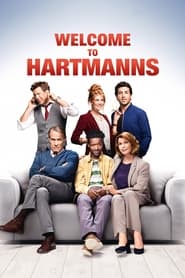 The Hartmann family is turned upside...
The Hartmann family is turned upside...Welcome to Hartmanns 2016
The Hartmann family is turned upside down when mother Angelika decides to take in the refugee Diallo, against her husband's will. Amidst the typical chaos of our time, hope remains that the family finds its stability, confidence and peace again - just like the whole country.
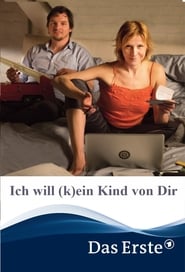 Philipp and Anna live in the...
Philipp and Anna live in the...Ich will (k)ein Kind von Dir 2016
Philipp and Anna live in the Berlin Babyboom-Kiez Kreuzberg. They also like to go to the playground, but with their little niece Nele. Anna does not want to know anything about Philipp's sudden desire to have a baby. She is on the verge of a professorship and insists on the old agreement: kK - no children! The more intently he makes his baby application to his wife, the more obvious is her rebuff.
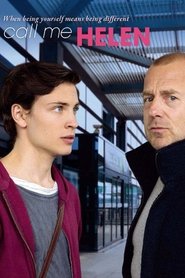 Is This My Son No matter...
Is This My Son No matter...Call Me Helen 2015
Is. This. My. Son? No matter how often Tobias Wilke poses this question, there's always only one answer: Yes! Tobias, can't believe his eyes when he comes to the airport to pick up his 17-year-old son Finn – and learns that Finn is now calling herself Helen and wearing girls' clothes. Finn/Helen reveals that she's always was a girl, and that she used her year abroad in San Francisco to pass the "everyday life" test. This is required by law for everyone preparing for the sex reassignment surgery they will undergo upon reaching majority. Reactions from Helen's friends, acquaintances and schoolmates cover the entire gamut from derision to solidarity. Especially Helen's father, a well-known chef, finds it difficult to accept a situation he cannot understand. But Helen nearly always finds the right words - and humor - to counterbalance the ignorance and jeers of those around her. It is the beginning of a long, winding road towards the sexual identity she is convinced is hers.


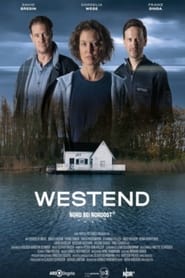
 Director Gregor Samsa washedup and in...
Director Gregor Samsa washedup and in...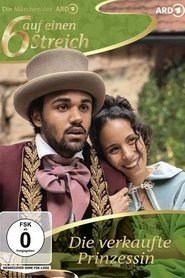
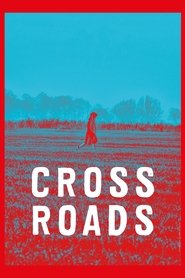 A woman goes through a weekend...
A woman goes through a weekend...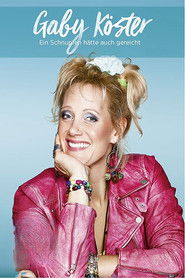 At the height of her career...
At the height of her career...